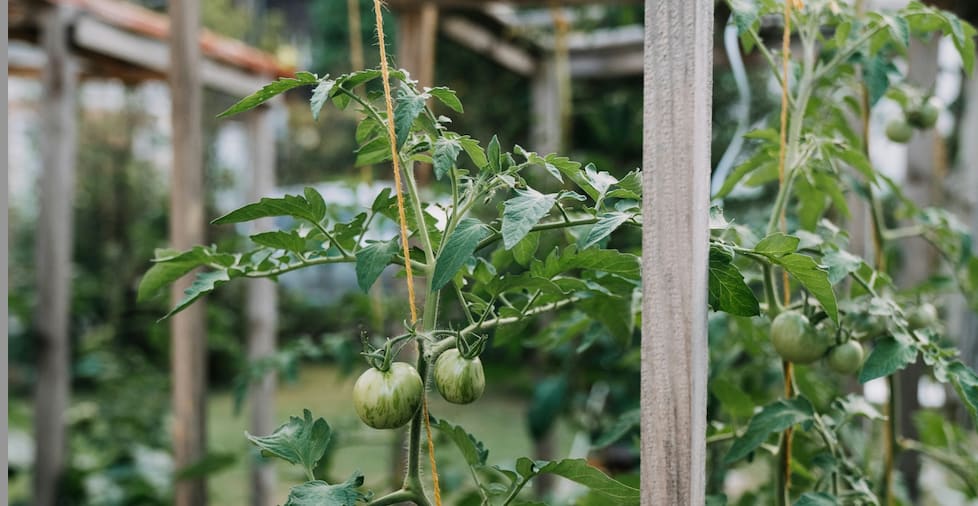Growing tomatoes is easy, they said. All you need is some sunlight, soil, and water. No one shared the necessity for spacing, a trellis or stakes, and adding fertilizer. The plants needed more care and support than I anticipated. The challenge was real, but with the support and knowledge of others, our tomatoes survived and eventually flourished.
The same can be true of starting a new group. The process may sound simple, but the challenges are real. Facing a room with only you and one other person can be discouraging. Trying to connect with people who seem to have forgotten how to answer their cell phones can feel personal. Attendees who are present one week and gone for the next two can also contribute to the discouragement of starting a new group. Leaders of established groups can help the leaders of new groups survive and thrive in five ways:
1. Mentor.
Just as I needed the expertise of successful tomato gardeners, leaders of new groups also need expertise. Experienced leaders can walk alongside new leaders and help them fine-tune how they prepare, offer tips for reaching out to potential group participants, and share how they overcame some of the challenges new leaders face. One important thing to remember is that they may also notice our less-than-stellar habits, so we want to make sure we are setting a good example.
2. Adopt.
Supplying a new gardener with items like a tomato cage and preferred plant foods is a way to ensure a new gardener gets a good start. We can provide new groups with the tools they need to succeed. An established group can offer a new group a fresh set of dry-erase markers, nametags, and other items they find helpful. We can even present these items to a new leader a couple of weeks before they start their new group, also inviting them to share about their journey in starting their new group.
3. Praise.
As a novice tomato gardener, having a pro point out what I'm doing right can make a big difference. Affirmation goes a long way for new group leaders as they seek to reach people who aren't part of a Bible study group. We can encourage them when they do the right things, knowing their faithfulness will be honored in time.
4. Celebrate.
The excitement of the first tomato is worth sharing and celebrating. So, too, is a new group. We can celebrate the start of a new group. We can applaud the growth of the group and the new people who are participating in Bible study. We can celebrate as new groups reach people our current groups have been unable to reach.
5. Pray.
Regardless of how much experience a tomato grower has, some things are beyond their control—weather, pests, diseases, and so on. The same is true with new and established groups. Some things can only be addressed with prayer. We can lead our established group to pray for the new group, encouraging the leaders with our prayers. In some cases, a new leader just needs to know that someone is praying for them. We can be those people.
The group that gave birth to the new group needs prayer as well. The vacuum left by those who moved to the new group will open the door for new opportunities and growth. We can also lead our groups to ask God to help us determine when we need to help start a new group. God may tell us to support other groups who are starting new groups, or He may reveal that we need to start a new Bible study group. Our responsibility is to ask God rather than decide for Him. We can pray for eyes to see the need and courage to address it in the way He directs, seeking His heart and direction, and acting on His answer.
These five actions—mentoring, adopting, praising, celebrating, and praying—serve as a trellis for a new group and provide the needed support so they can be fruitful.
